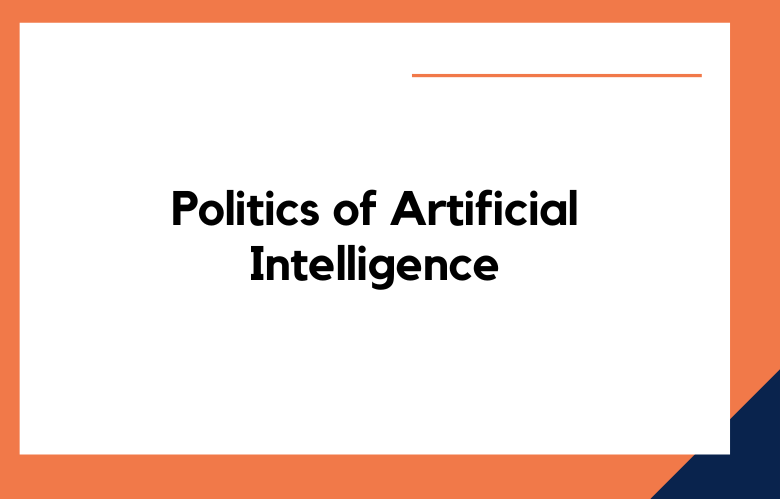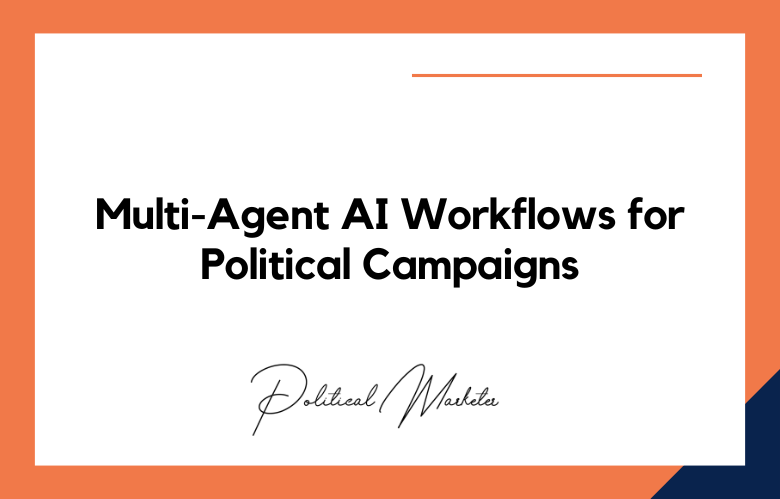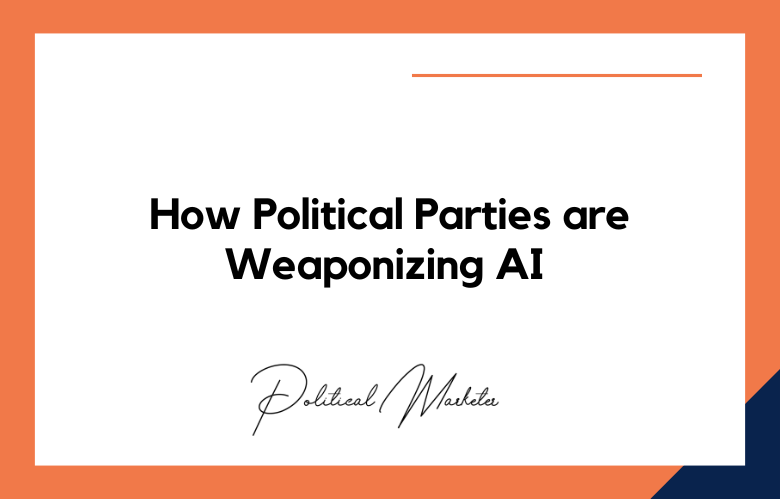Artificial intelligence is changing the way we live our lives. AI is becoming more prevalent in our daily lives, from virtual assistants like Siri and Alexa to self-driving cars and robots. But with all this technological advancement comes ethical and political questions. Who should be responsible for AI algorithms and decision-making? What happens when AI crosses ethical boundaries? We dive into the ethics and politics of artificial intelligence.
Responsibility
One of the biggest questions surrounding AI is who should be held responsible for its actions. Unlike humans, AI is not subject to laws and regulations, so accountability can be challenging. Should the creators of AI be held responsible for its actions? Or should it be the responsibility of the AI itself? This is an ongoing debate in the tech world, and there is no clear answer.
Bias
Another ethical issue with AI is the potential for bias in data and decision-making. AI algorithms are only as unbiased as the data they are trained on. If the data contains biases, the AI will likely perpetuate those biases. This is especially concerning regarding hiring and lending, where biased AI decisions can significantly affect individuals and communities.
Privacy
AI technology has the potential to collect massive amounts of data about individuals and use it to make decisions. This raises privacy concerns. Who has access to this data, and how is it being used? Are there sufficient protections in place to ensure that AI is not being used to infringe on individual privacy rights? These questions need to be addressed as AI technology continues to evolve.
Governance
The governance of AI is another area of concern. Currently, there is no global framework for regulating AI technology. Some countries have established guidelines, but there is no cohesive international approach. This creates a patchwork system that could lead to ethical and political issues. As AI technology advances, governance structures must be established to ensure ethical and responsible use.
The Future of Work
Another political issue surrounding AI is the potential impact on jobs. As AI becomes more prevalent, there is concern that it will replace jobs traditionally done by humans. This could have significant economic and social consequences.
Governments and industry leaders need to take a proactive approach to ensure that the future of work is equitable and that workers are not left behind in the AI revolution.
Connect or Disconnect: The Ethics of AI in Human Relationships
Artificial Intelligence (AI) has revolutionized how we interact with each other and the world around us. The ever-increasing integration of AI in our society has transformed our daily lives and given rise to numerous ethical concerns.
One of the main areas of concern is the impact of AI on human relationships. While AI can enhance human interactions, it can also hinder genuine connections. In recent years, experts have debated whether AI strengthens or weakens human relationships and if its integration is ethically justifiable.
AI technology has undoubtedly made significant advances in communication, providing us with more convenient and faster ways of connecting.
With applications such as chatbots and virtual assistants, AI has brought the world closer together and has facilitated cross-cultural exchange. Furthermore, AI-powered social networks and matchmaking algorithms create new opportunities for people to develop meaningful and long-lasting relationships.
Stepping Stones or Potholes? The Social and Political Implications of AI
Artificial Intelligence (AI) has been one of the most revolutionary technological advancements of the 21st century, transforming countless areas of our daily lives. However, the extent of its impact and potential dangers are yet to be fully understood.
As AI continues to be developed and integrated into our society at an ever-increasing rate, it is crucial to examine the social and political implications that come with it. This essay explores the potential stepping stones and potholes AI brings with it.
Firstly, AI can potentially revolutionize how individuals and businesses operate. AI-driven technologies such as personalized recommendations and chatbots have allowed companies to interact more efficiently and effectively with their customers.
AI has also been used to create predictive models for many industries, ranging from healthcare to finance, where it has improved efficiency and accuracy.
Algorithmic Bias: Navigating the Ethical Challenges of AI
The revolutionary advancements in artificial intelligence (AI) have brought about a new age of possibilities and opportunities in almost every aspect of modern life. However, amid such rapid technological progress, it is essential to consider the inherent ethical challenges of developing and implementing AI systems.
One of the most pressing challenges is algorithmic bias. This phenomenon occurs when AI algorithms exhibit inherent biases, prejudices, or discriminatory behaviors towards certain groups of people, leading to unfair treatment and subjugation of those groups.
Algorithmic bias is not a new problem, but its impact has become more significant as AI systems are increasingly integrated into our lives. The effects of such biases can be profound and far-reaching.
For example, facial recognition algorithms are more accurate in recognizing lighter-skinned faces than darker-skinned ones, leading to discriminatory practices in facial recognition technology. Similarly, AI algorithms used in the criminal justice system are racially biased, often leading to harsher sentences for people of color.
Artificial Intelligence and Equality: A Double-Edged Sword
Artificial Intelligence (AI) has been making significant strides in recent years, with advanced technologies such as Machine Learning (ML) and Natural Language Processing (NLP) rapidly transforming various aspects of our lives. However, as we harness the power of AI, we must also consider its implications on society, particularly in terms of equality.
On the one hand, AI has the potential to promote equality by removing human biases and prejudices from decision-making processes. For instance, AI algorithms can be used in recruitment processes to objectively evaluate candidates based on their qualifications, skills, and experience rather than subjective factors such as ethnicity, gender, or age. This could help to reduce discrimination and promote diversity in the workplace.
AI and the Quest for Moral Machines
As the field of artificial intelligence (AI) continues to expand, researchers are increasingly exploring how to create machines that possess cognitive abilities and moral reasoning.
The goal of developing such “moral machines” is to ensure that AI systems operate by ethical principles and are thus capable of making decisions that are logical and aligned with human values.
One major challenge in designing moral machines is determining which ethical principles should guide their decision-making. Should machines be programmed to follow legal codes? Should they prioritize maximizing human well-being? Or should they adhere to particular moral virtues, such as honesty, empathy, or compassion? AI researchers and ethicists continue to debate these questions. Still, there is a growing consensus that moral machines should be designed with some degree of flexibility to adapt to different contexts and ethical dilemmas.
AI Development in the Shadow of Ethics and Politics
Artificial intelligence (AI) has been one of the most exciting and transformative areas of technology in recent times, with the potential to revolutionize industries and transform society.
As such, the development of AI has received a great deal of attention and investment from governments, businesses, and individuals worldwide. However, the rapid advancement of AI has raised significant ethical and political concerns that must be addressed.
One of the critical ethical concerns surrounding AI development is the potential for bias and discrimination. As AI algorithms are designed to learn from data, they can be influenced by the biases present in that data.
Conclusion:
As AI technology develops and becomes more advanced, ethical and political considerations will become increasingly important. We must address these issues now before they become too entrenched. This means asking questions about responsibility, bias, privacy, governance, and the future of work. AI can potentially revolutionize our lives, but only if we approach it ethically and responsibly.
Call: +91 9848321284
Email: [email protected]











